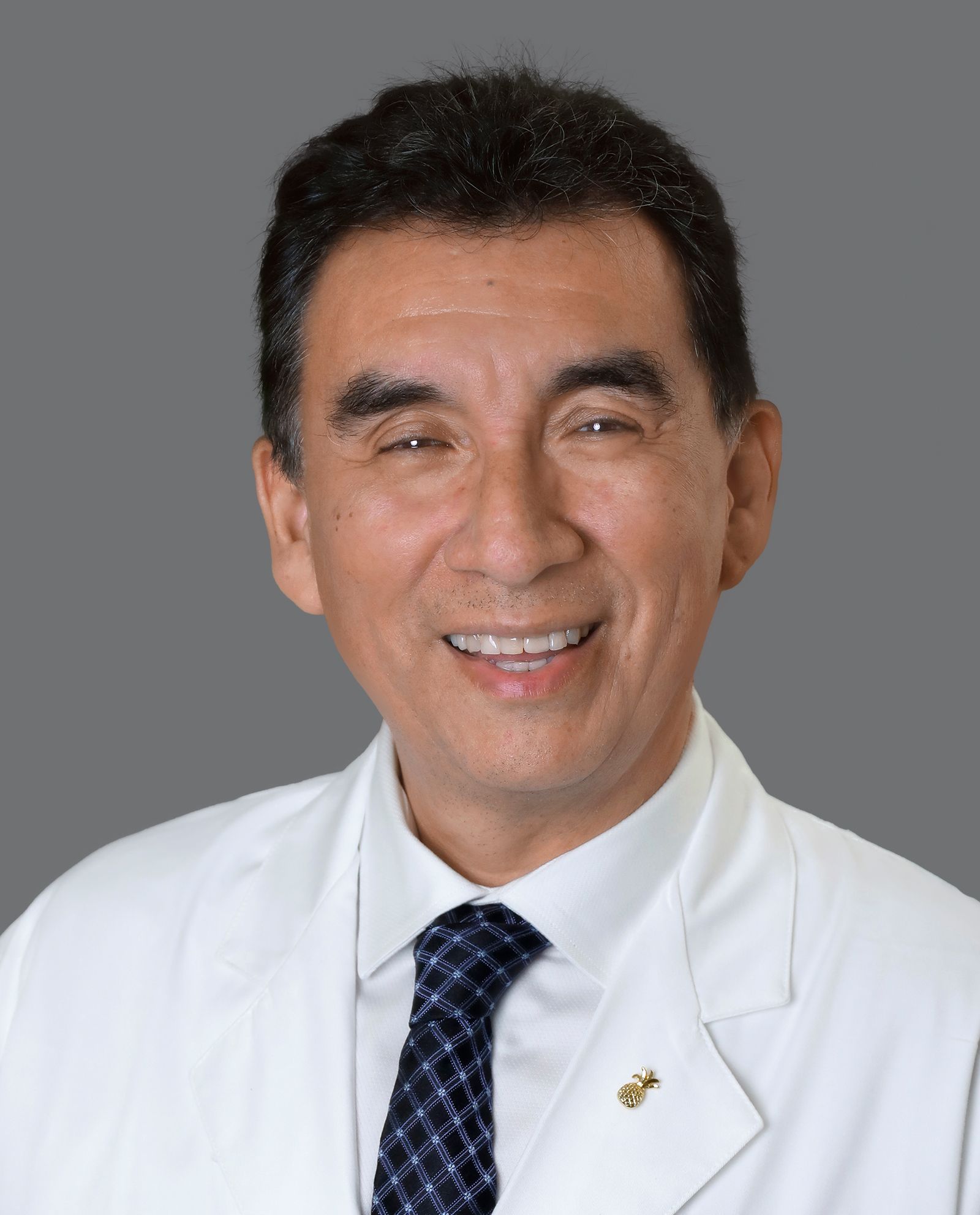For Patients with HIV and Cancer, a Multidisciplinary Treatment Approach is Critical
For people living with the one-two punch of both HIV and cancer, coordinated care by a multidisciplinary team that can bring extra resources to bear during treatment offers the best chance of a successful outcome.
Marco A. Ruiz Andia, MD, MPH, FACP, FIDSA

For people living with the one-two punch of both HIV and cancer, coordinated care by a multidisciplinary team that can bring extra resources to bear during treatment offers the best chance of a successful outcome. Yet, many HIV patients with cancer experience lower rates of treatment and gaps in care.
As a medical oncologist with a particular interest in the intersection of HIV and cancer, I have seen how cultural taboos as well as economic and demographic forces can still affect care. I have treated patients who don’t wish to disclose that they have HIV, and who are willing to drive a hundred miles or more to refill medications in a different town or state to ensure their anonymity. Economically disadvantaged patients often don’t have a complete care network, instead relying on their primary care physician and/or a cancer specialist for their treatment.
In 2018, the National Comprehensive Cancer Network (NCCN) published new NCCN Clinical Practice Guidelines in Oncology intended to help make sure people living with HIV who also receive a cancer diagnosis receive safe, necessary treatment.1 The guidelines highlight the disparities in cancer care for people living with HIV and point to the special considerations these patients require.
At Miami Cancer Institute, part of Baptist Health South Florida, we have opened a new HIV/Cancer Clinic to provide these particularly complex patients with better access to new clinical trials as well as coordinated, multidisciplinary care in one location. The program has also been accepted to the AIDS Malignancy Consortium (AMC), which is funded by the National Cancer Institute, to support our clinical trials and enhance our information sharing with other AMC members.
At various points during their treatment, patients at the Miami Cancer Institute HIV/Cancer Clinic will encounter a full spectrum of specialists including oncologists, infectious disease specialists, pharmacists specialized in oncology and infectious disease, nurse practitioners, clinical nurses, medical assistants, palliative care specialists, oncology dentists, psychologists, social workers and case managers. Our cancer clinics operate under one roof so that patients can see multiple specialists and caregivers in one visit. The team essentially assumes the role of primary care provider for the patient, coordinating every aspect of care and meeting periodically as a team to review the patient’s status.
Physicians who wish to refer HIV-positive patients for cancer care should seek out centers that have the expertise and capabilities to deal with complex cases. For example, Miami Cancer Institute has already performed an allogeneic stem cell transplant on a patient who has both HIV and an aggressive form of plasmablastic lymphoma. The procedure involved finding a matching donor who also had a specific mutation in a gene that offers resistance to HIV infection. Typically, it can take up to two years before a patient such as this can be declared cured, however, the patient is currently doing well six months after transplantation.
Lastly, I recommend that referring physicians look for centers that have a robust clinical trials program. At Miami Cancer Institute, we are presently recruiting HIV patients for seven clinical trials – soon to increase to ten – for various conditions including Kaposi’s Sarcoma, lymphomas, cervical cancer, and lung cancer. Even patients with very aggressive lymphomas may be good candidates for a clinical trial.
Reference:
Reid E, Suneja G, Ambinder R, et al. Cancer in people living with HIV, Version 1.2018, NCCN Clinical Practice Guidelines in Oncology.J Natl Compr Canc Netw. 2018;16(8):986-1017. doi. 10.6004/jnccn.2018.0066.

